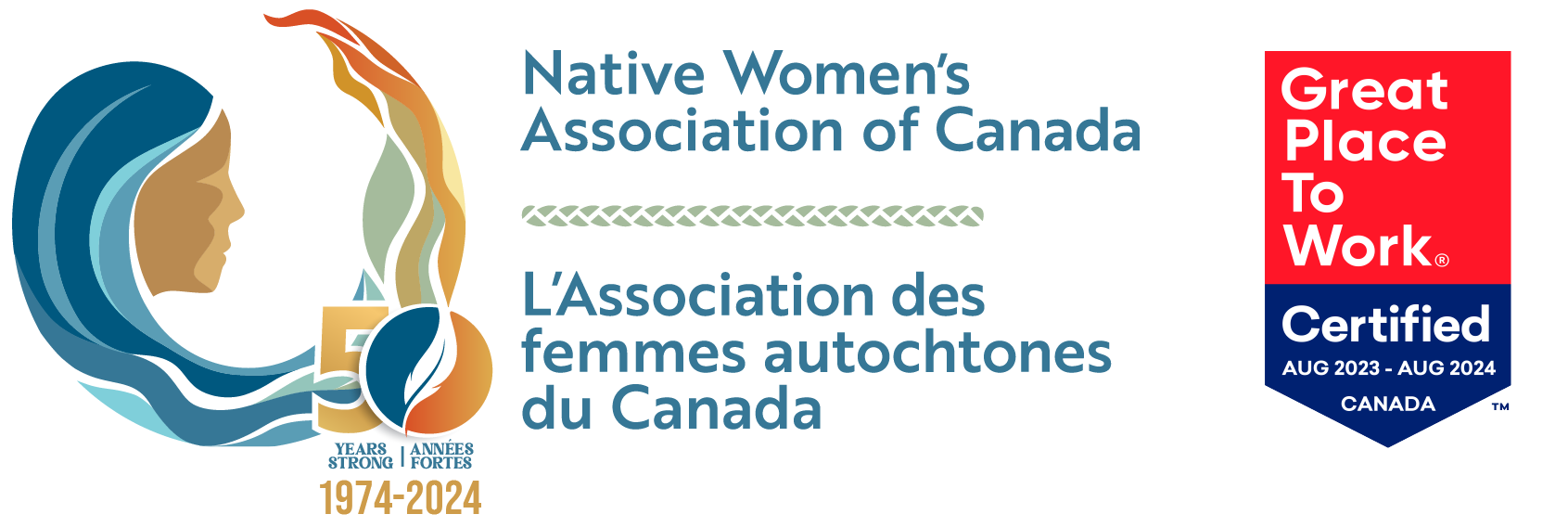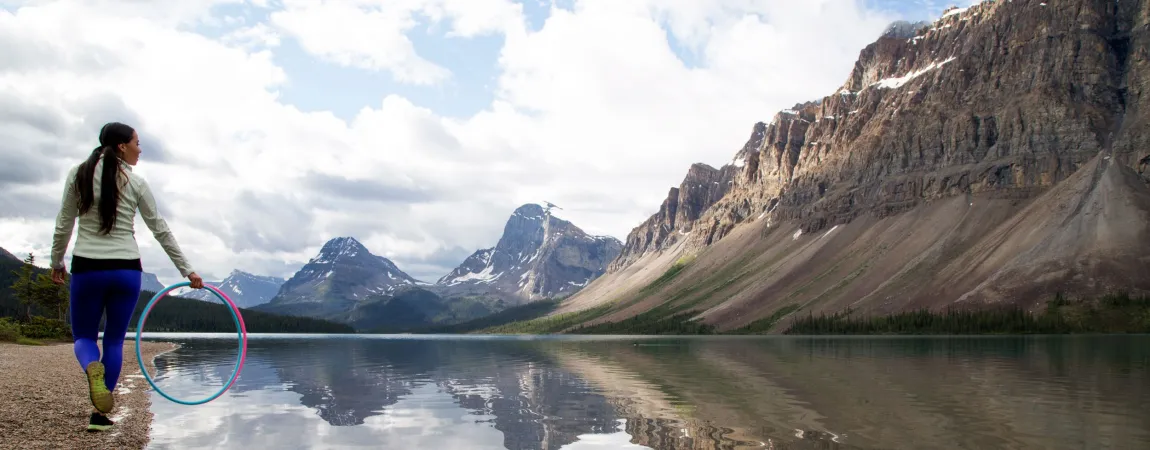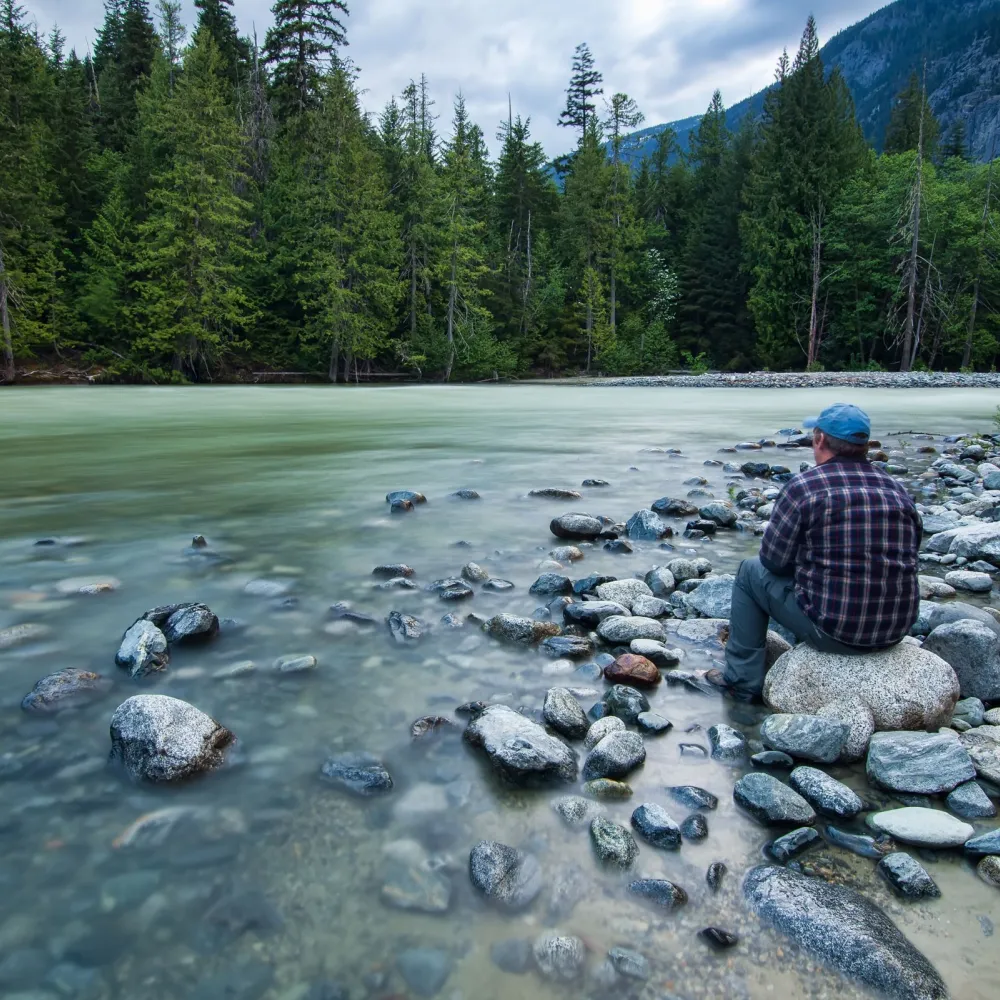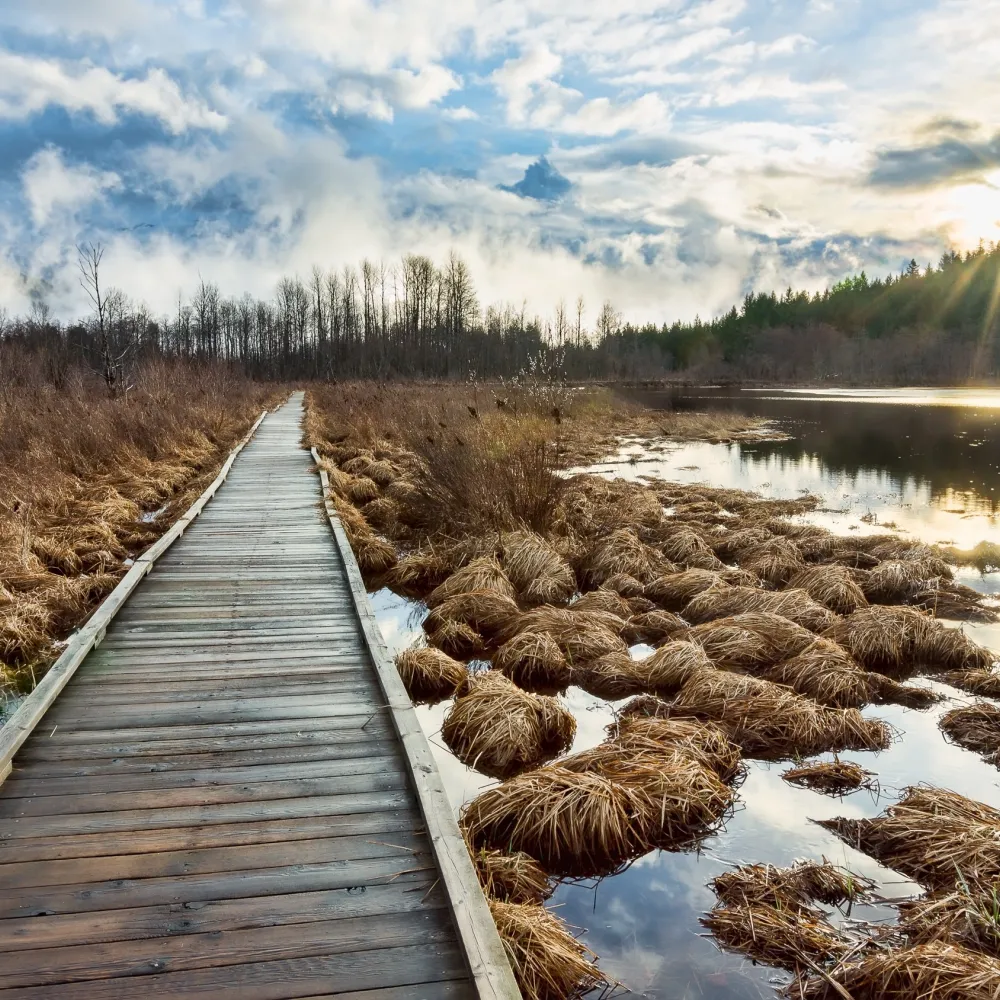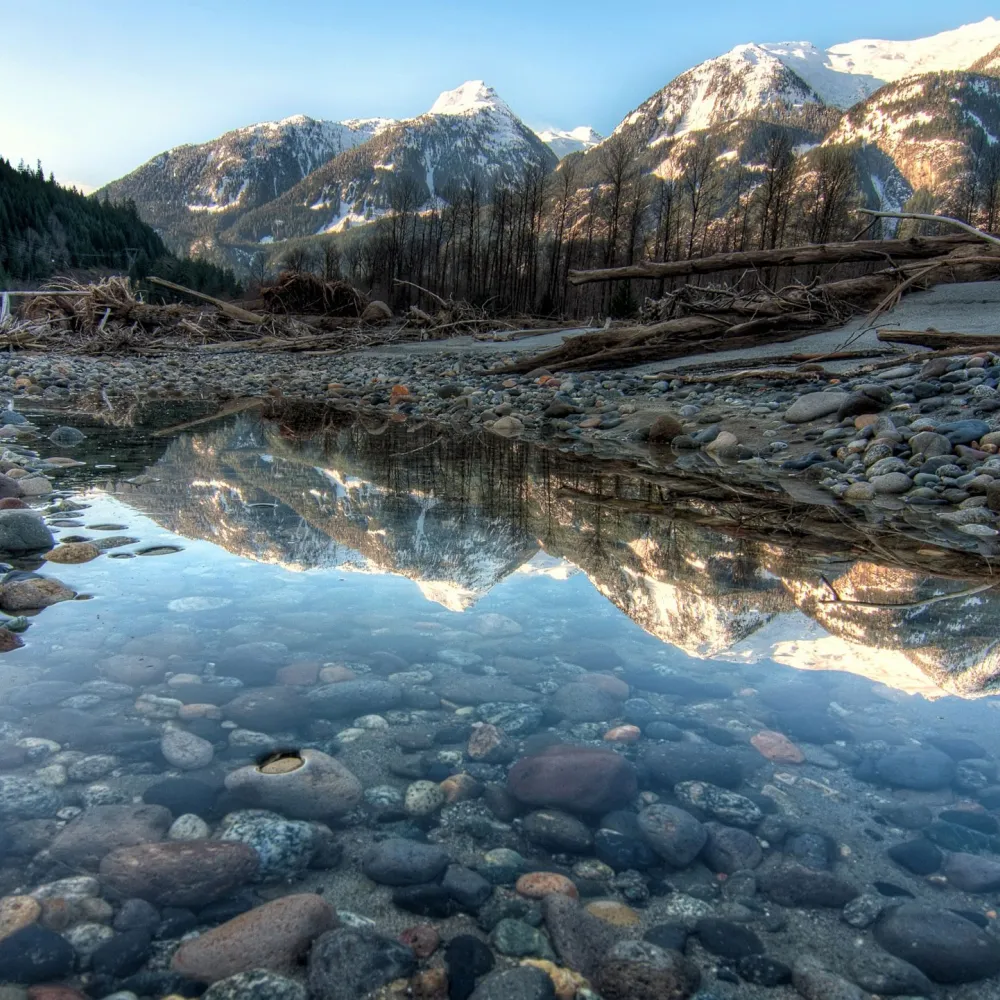Responding to climate change in Indigenous communities
Climate change poses threats and dangers to the survival of Indigenous women, girls, gender diverse and Two-Spirit people, even though indigenous peoples contribute the least to greenhouse emissions. In fact, indigenous peoples are vital to, and active in, the many ecosystems that inhabit their lands and territories and may therefore help enhance the resilience of these ecosystems. In addition, indigenous peoples interpret and react to the impacts of climate change in creative ways, drawing on traditional knowledge and other technologies to find solutions which may help society at large to cope with impending changes. See our newsletters to read more on how Indigenous women, girls, gender diverse and Two-Spirit people are adapting to climate change.
